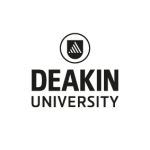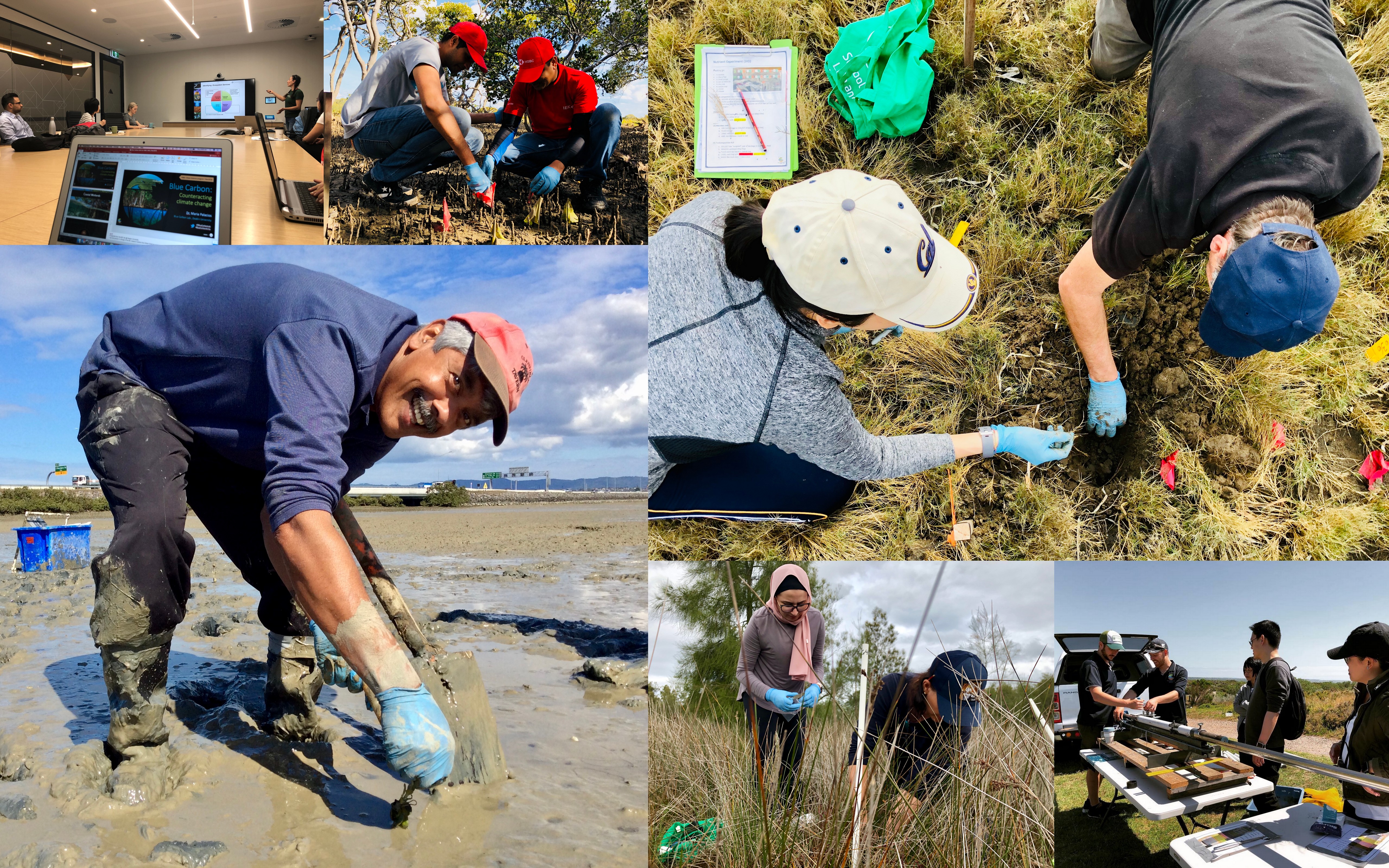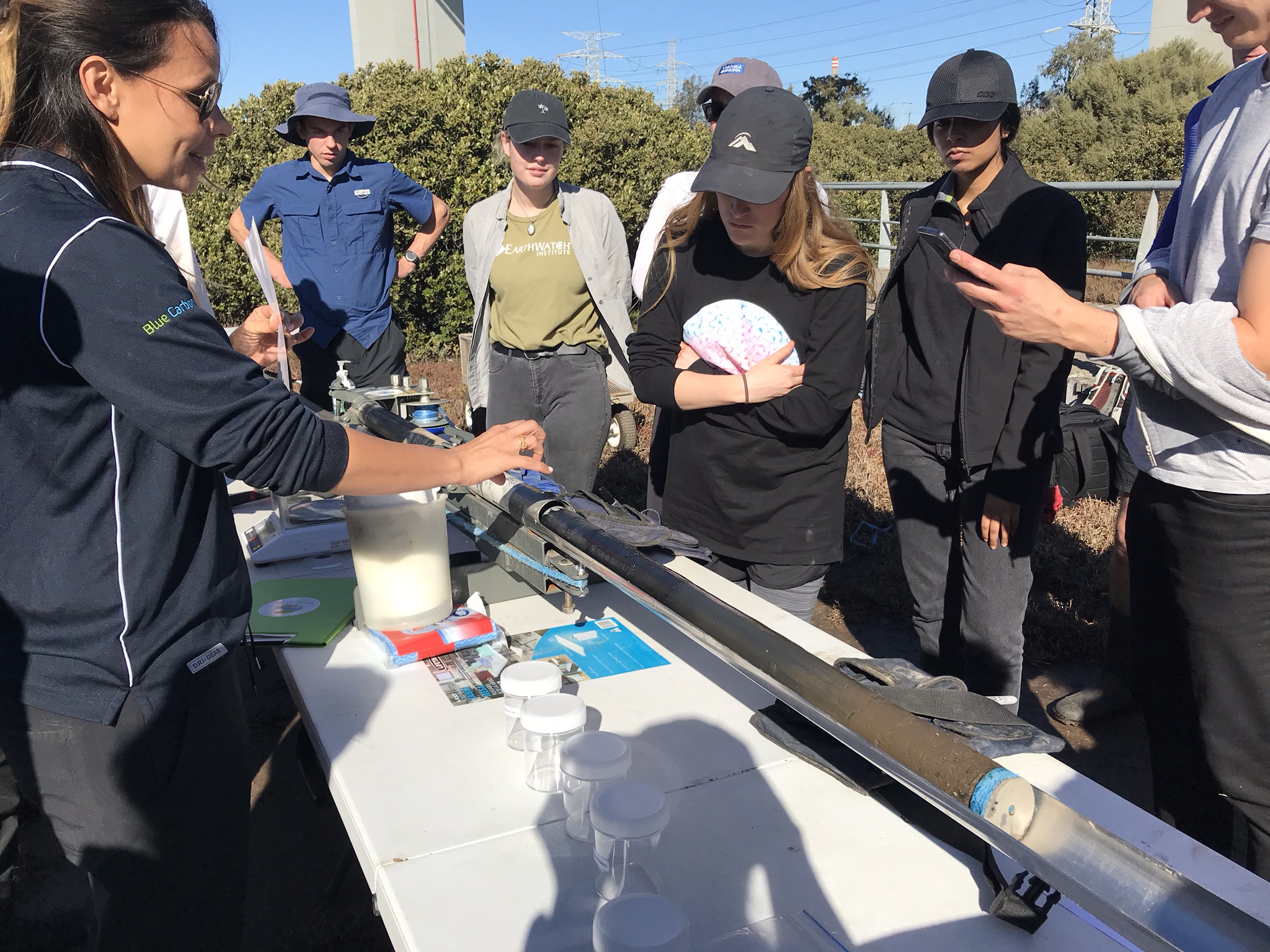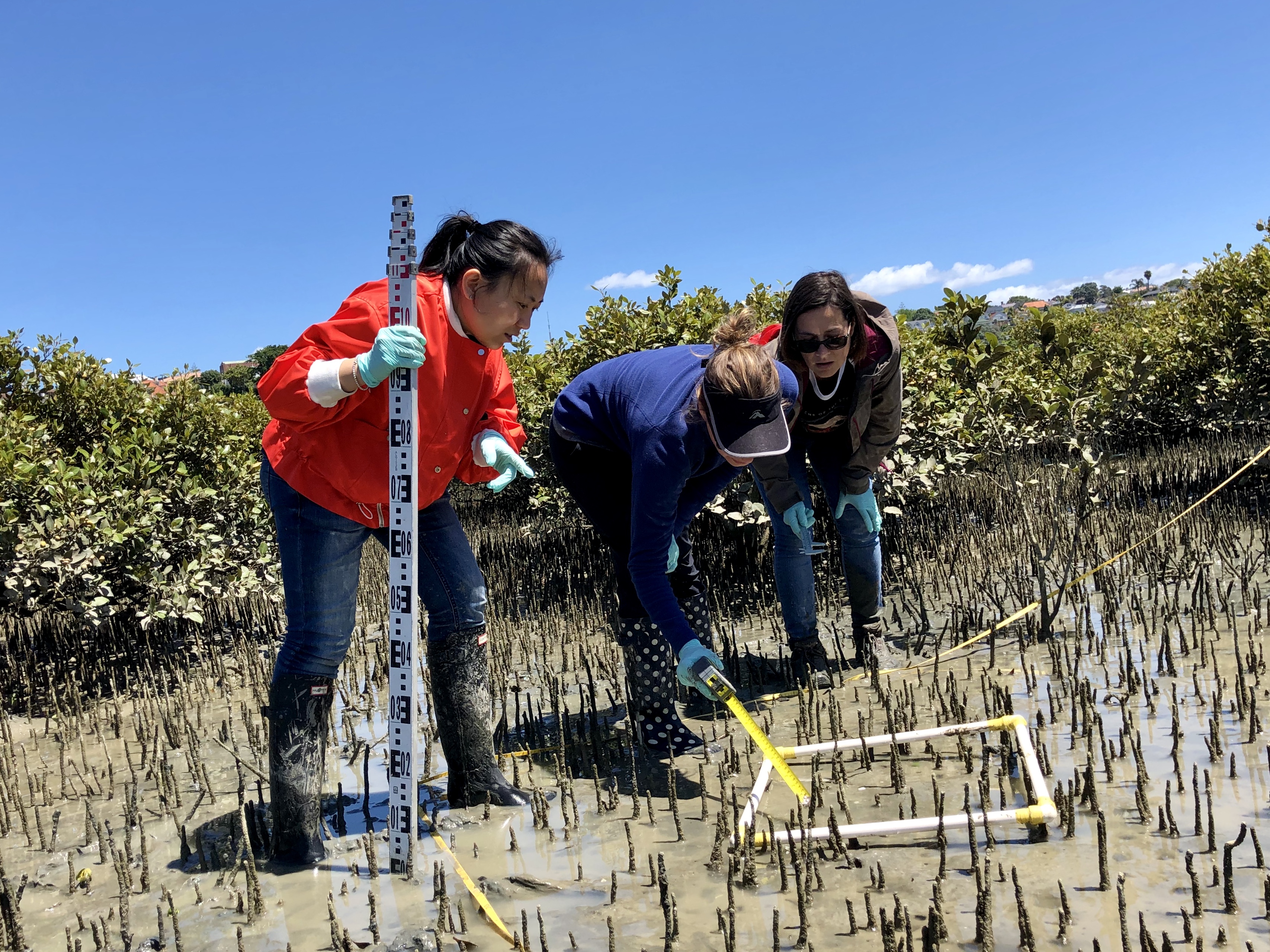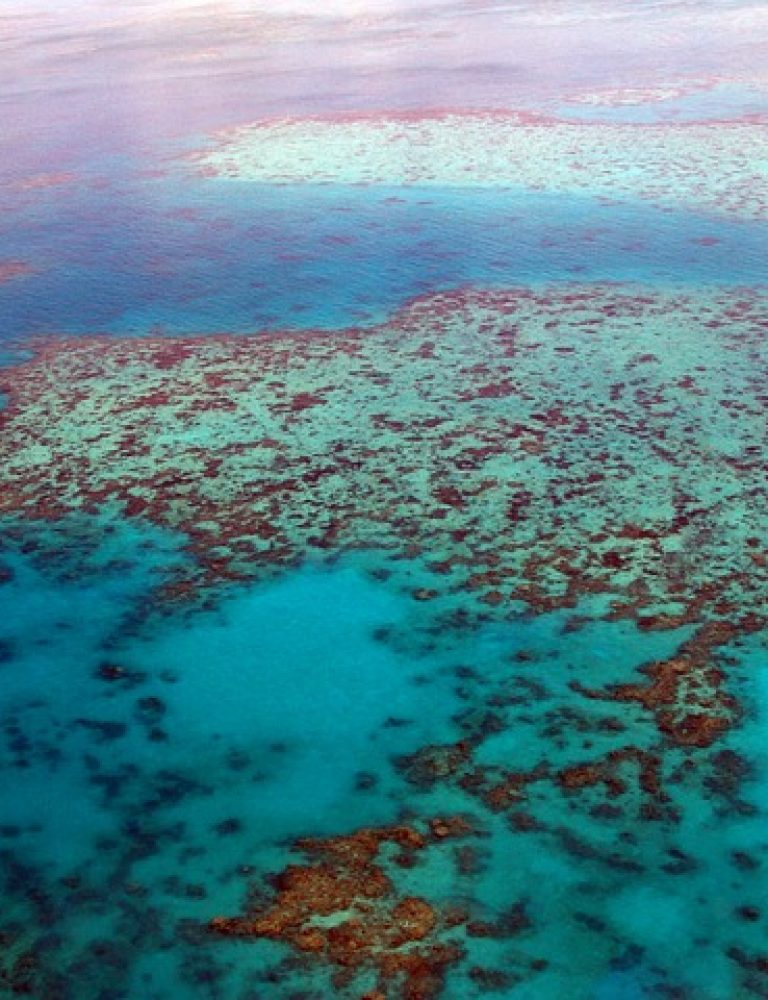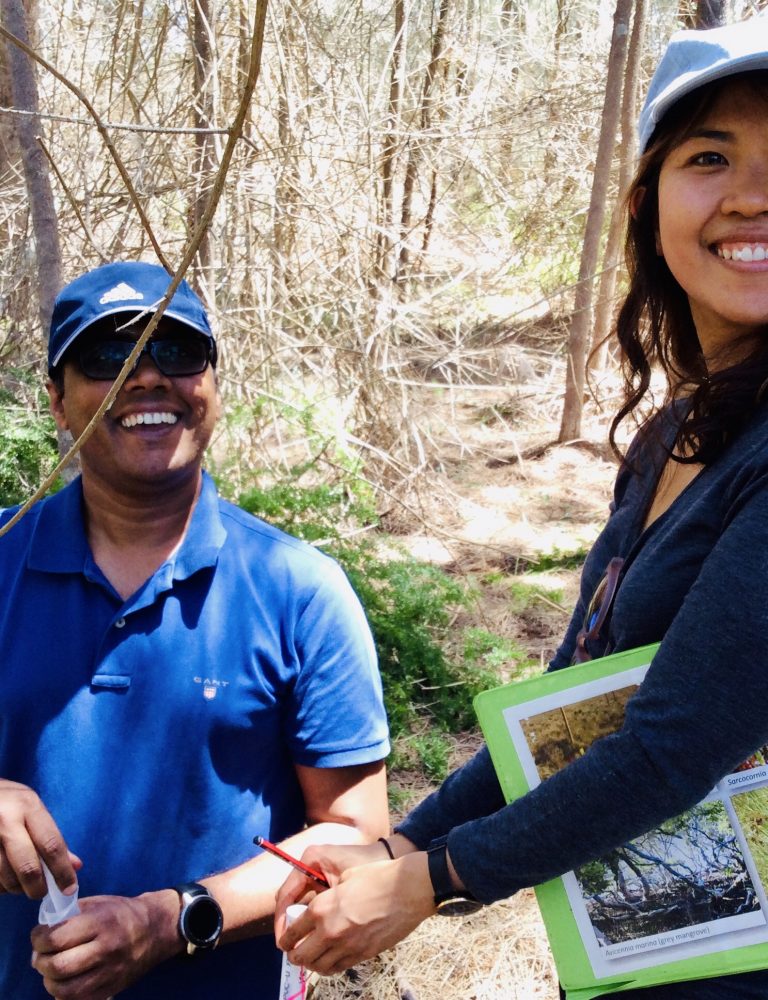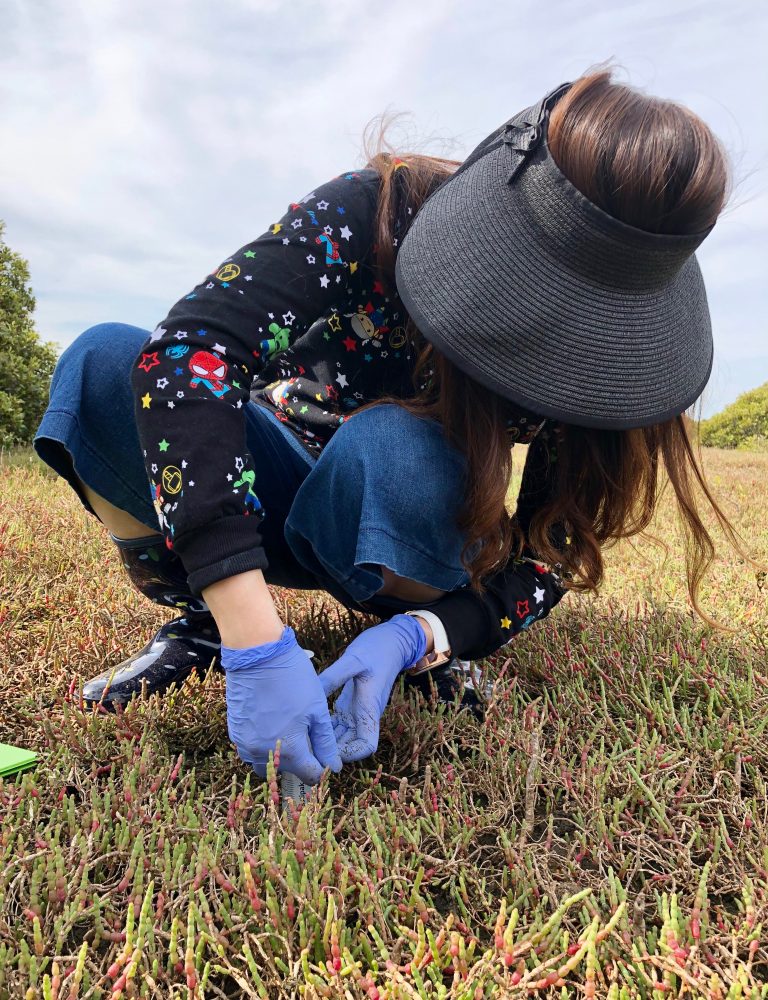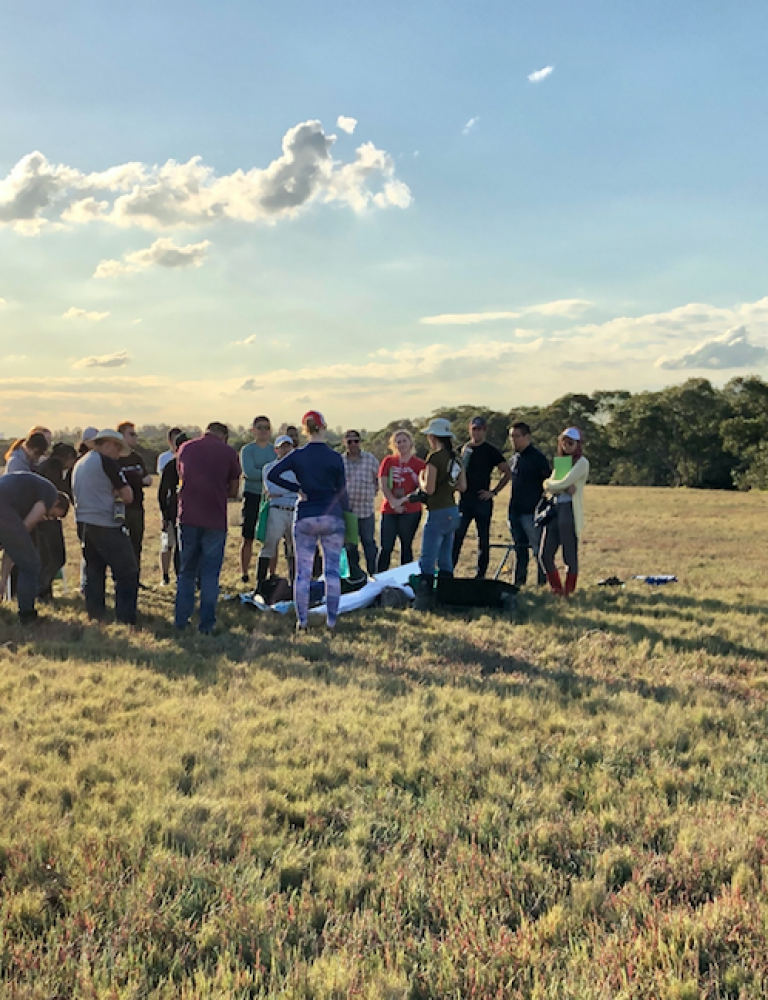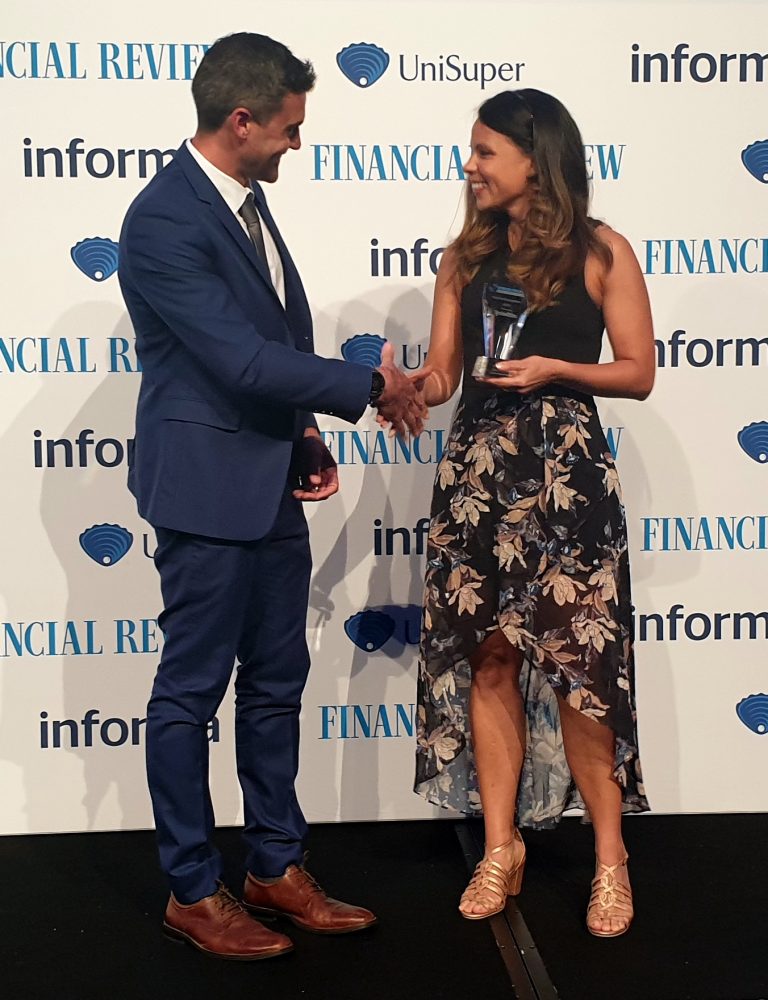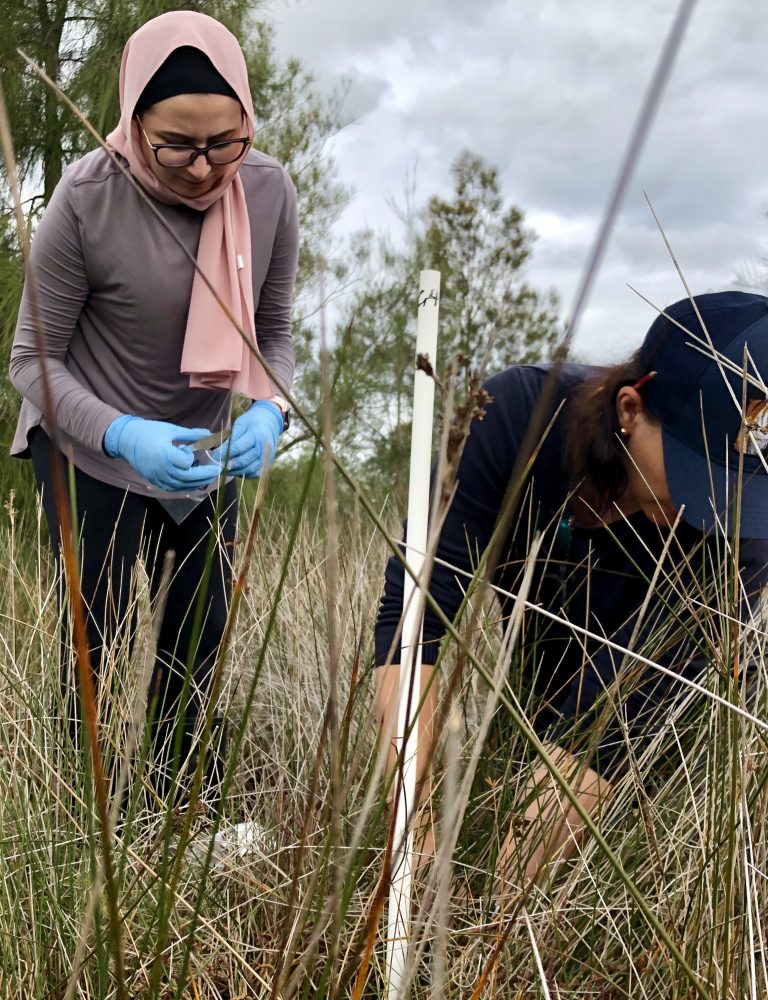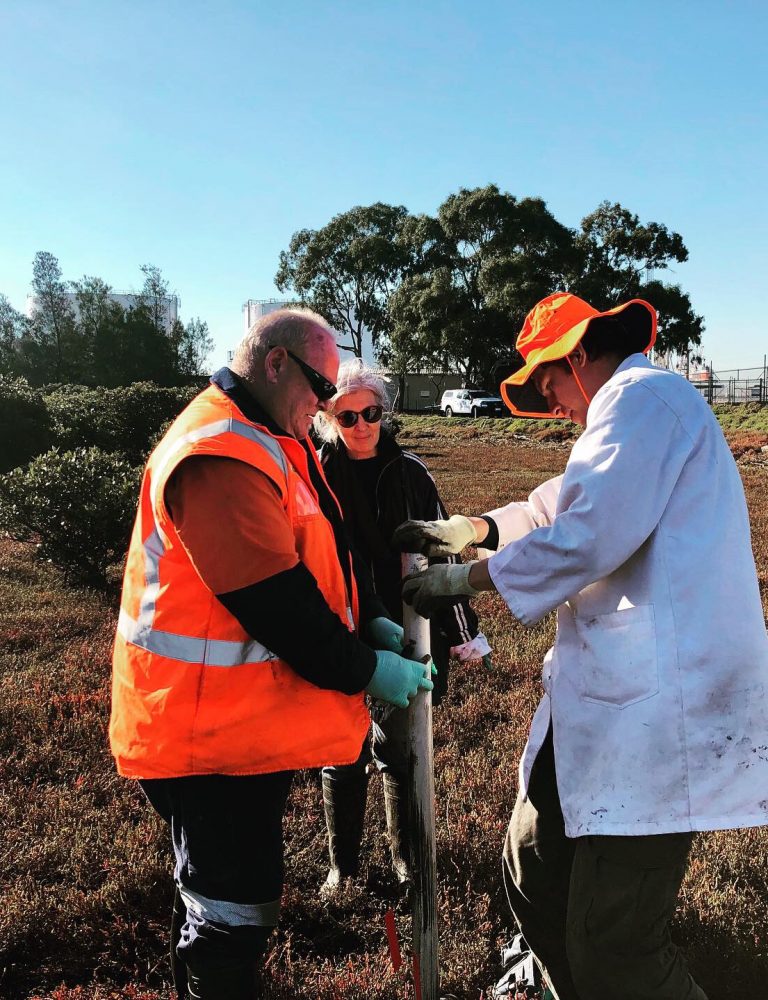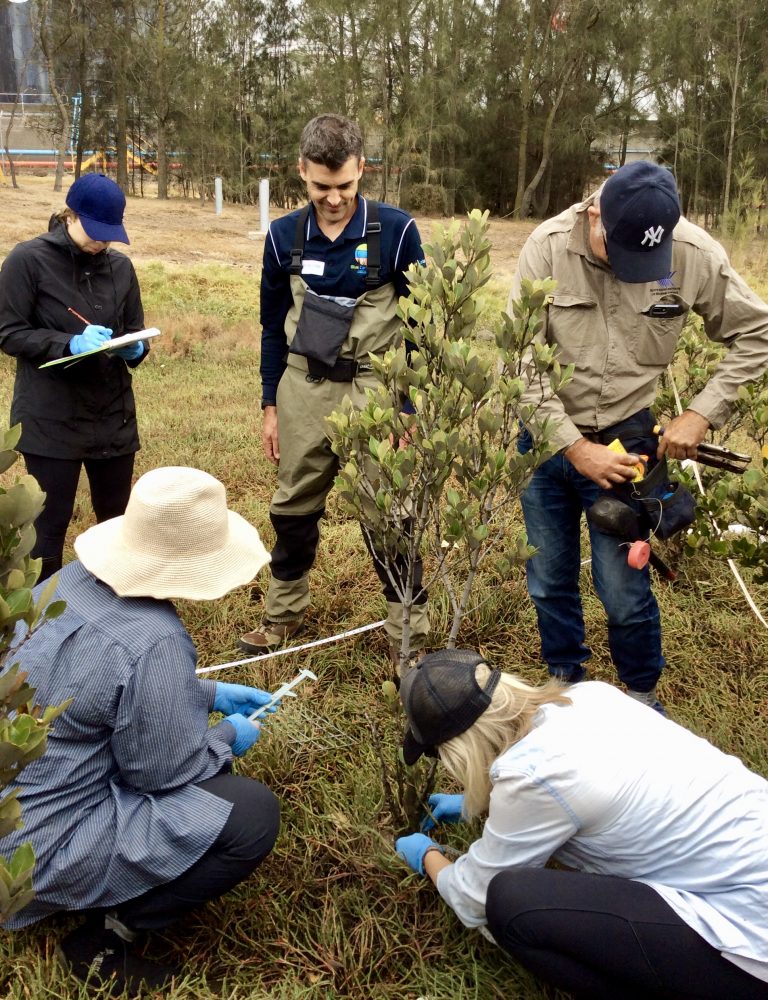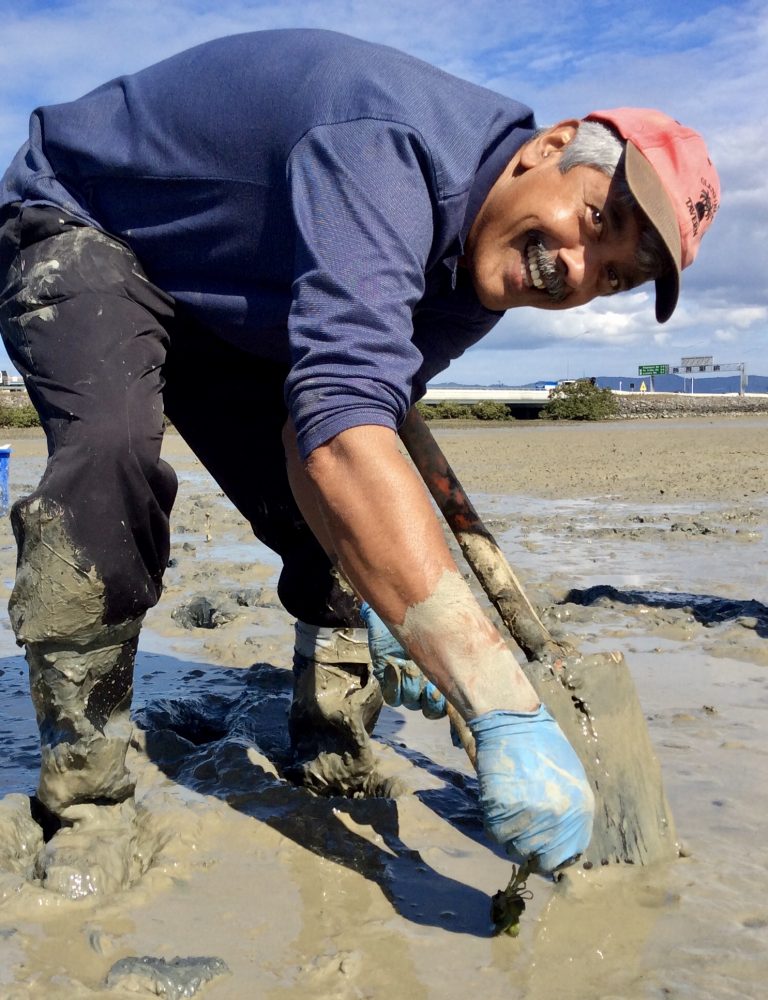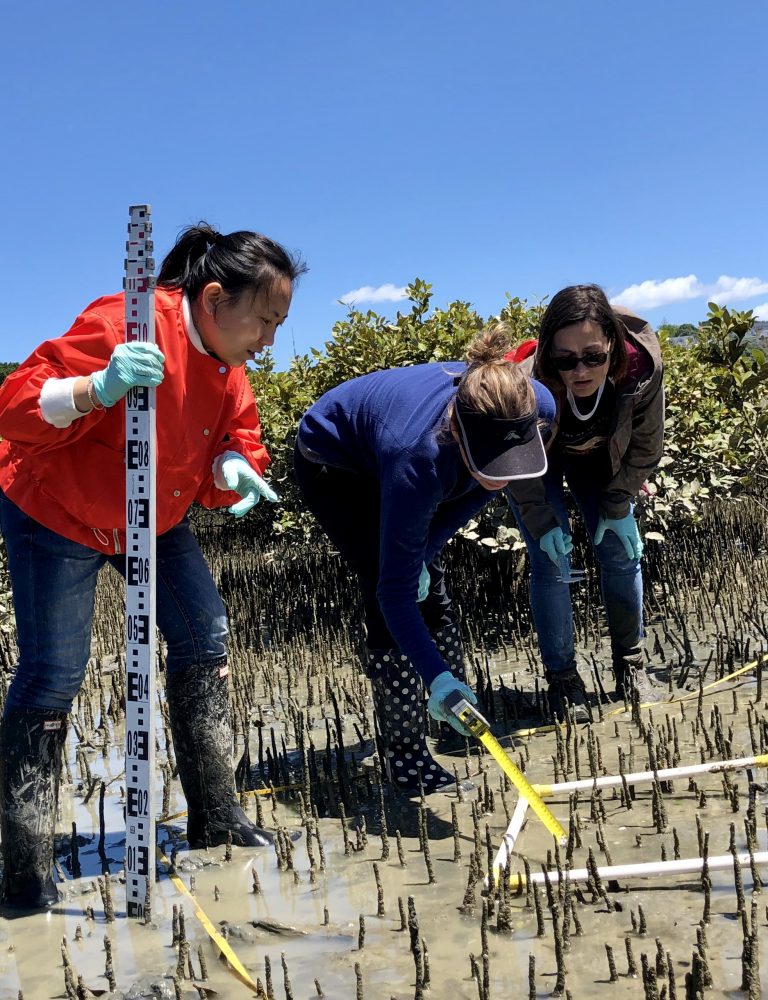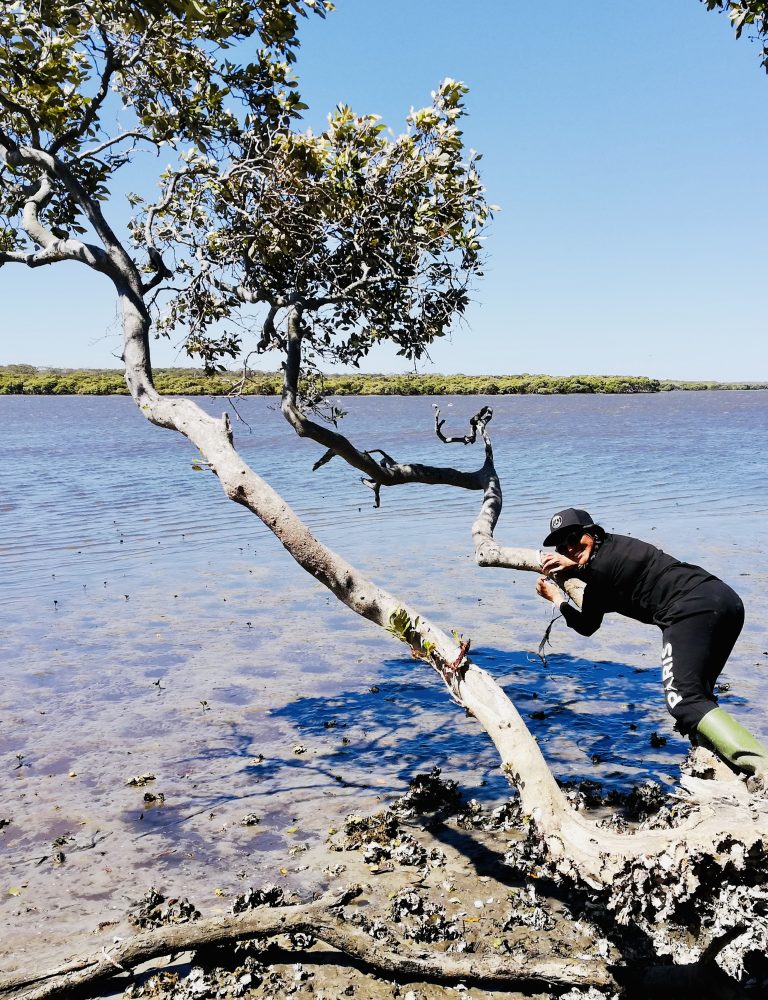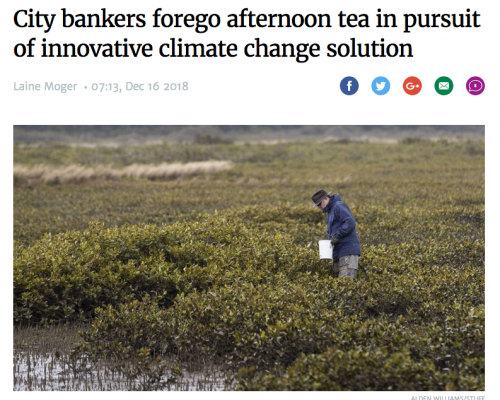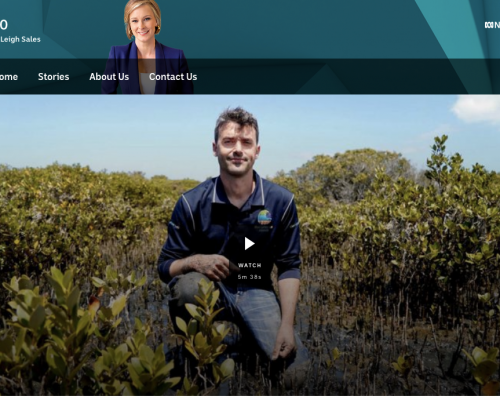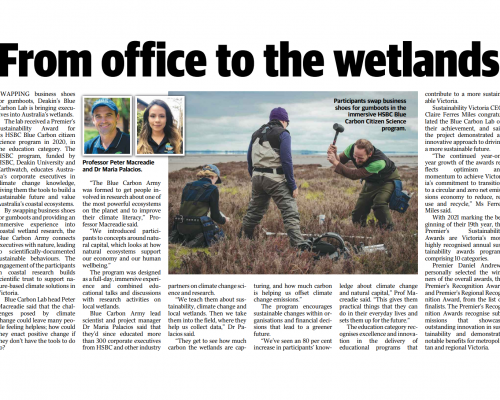HSBC CITIZEN SCIENCE PROGRAM
The HSBC Blue Carbon Citizen Science program was a multisector R&D initiative empowering Australian industries to build a sustainable future, while advancing research on coastal wetlands and climate change. The program engaged and invested in human capital who could invoke change and steer Australia towards a blue economy.
Program impact & highlights

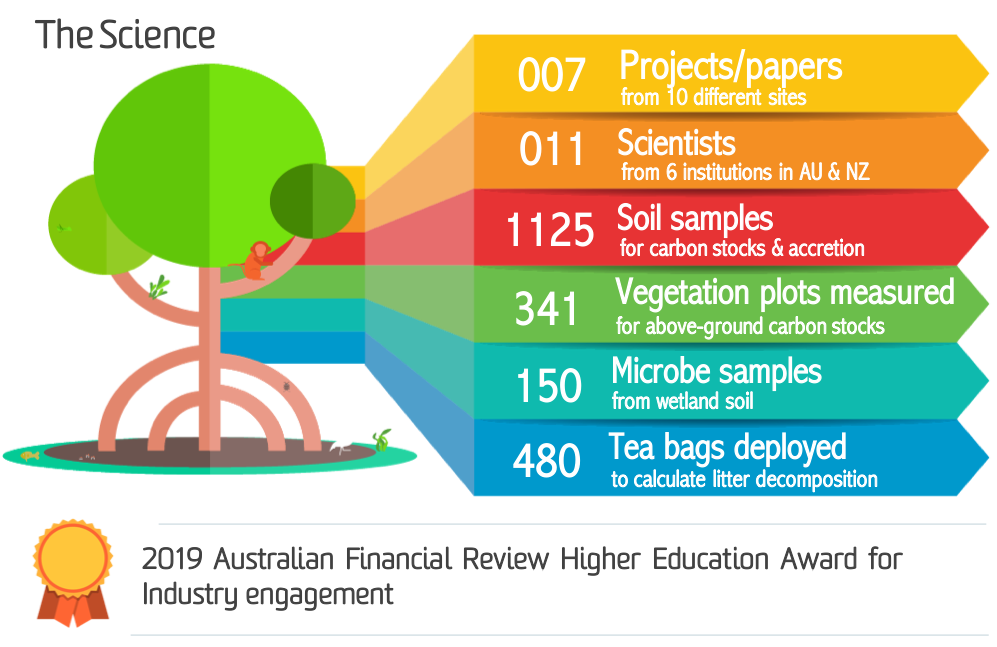
Participant engagement:
After 2 years and 21 field trips, the program engaged more than 350 employees from 23 businesses (including HSBC and many Qantas Future Planet partners) in topics such as natural capital and ecosystem services, while maximising field sampling.
Contribution to research:
HSBC citizen scientists surveyed over 300 vegetation plots and collected more than 1000 soil samples from coastal wetlands. Data is being used to prepare seven research publications that will advance our understanding of Blue Carbon ecosystems and their ability to fight climate change. Considering coastal wetlands are one of the Earth’s most efficient carbon sinks, this information will support the creation of a Blue Carbon market that promotes the restoration and protection of coastal wetlands for carbon offsetting and climate change mitigation.
Outreach:
The educational and scientific success of the program was recognised through the 2019 Australian Financial Review Higher Education award for Industry engagement. The program was also showcased externally in several conferences (e.g., DELWP’s SWIFFT seminar), newspapers, website blogs, social media (#BlueCarbonArmy) and an ABC 7:30 news report.
Awards
Australian Financial Review
The HSBC Blue Carbon citizen science program received the Industry Engagement award at the 2019 Australian Financial Review (AFR) Higher Education awards ceremony held in Brisbane (27/08/2018). This award celebrates innovative partnerships between Australian Universities and the Industry sector.
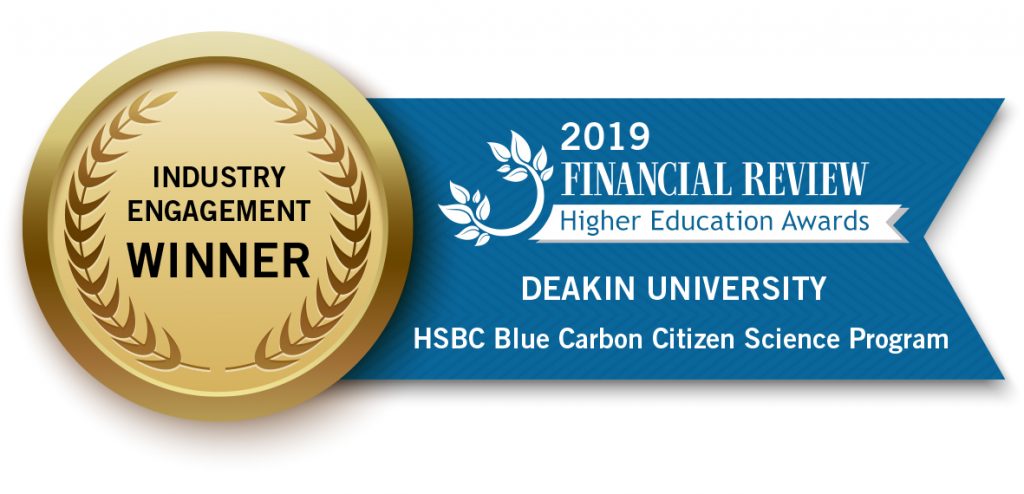
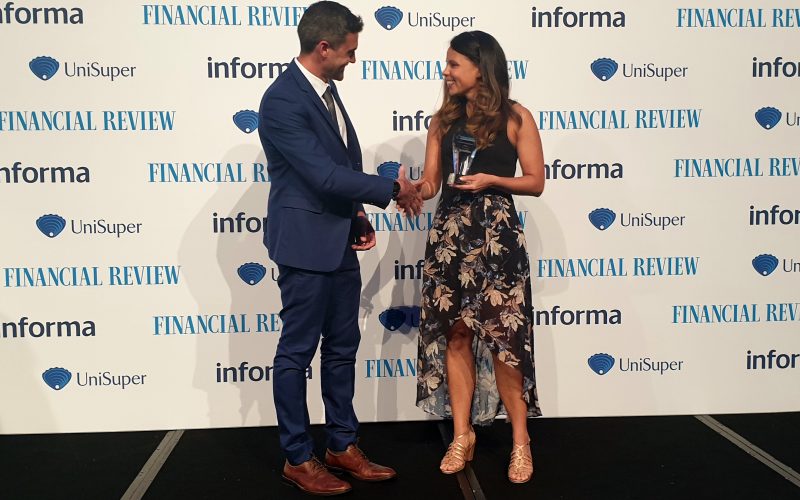
Premier’s Sustainability Award
The Blue Carbon Lab received the Premier’s Sustainability Award 2020 in the Education category for our HSBC Blue Carbon Citizen Science Program. The Education category recognises excellence and innovation in the delivery of educational programs that contribute to a more sustainable Victoria.

Banksia Sustainability Award
Our HSBC Blue Carbon Citizen Science Program has been announced as a finalist in the 2020 Banksia Sustainability Awards. The Banksia Sustainability Awards seek out and recognise innovation and leadership through the lens of the UN Sustainable Development Goals (SDGs). These global goals aim to unite the world businesses, governments and citizens to end extreme poverty, fight inequality and protect the planet.

Publications
- Carnell, P.E., Palacios, M.M., Waryszak, P., Trevathan-Tackett, S.M., Masqué, P. and Macreadie, P.I., 2022. Blue carbon drawdown by restored mangrove forests improves with age. Journal of Environmental Management, 306, p.114301.
- Waryszak, P., Palacios, M.M., Carnell, P., Yilmaz, N., and Macreadie, P.I., 2021. Planted mangroves cap toxic petroleum-contaminated sediments. Marine Pollution Bulletin, 171, 112746.
- Palacios, M. M., Trevathan-Tackett, S. M., Malerba, M. E., & Macreadie, P. I. (2021). Effects of a nutrient enrichment pulse on blue carbon ecosystems. Marine Pollution Bulletin, 165, 112024.
Media & Outreach
- From office to the wetlands. The Geelong Advertiser (5/2/2021). The article describes how our innovative and award-winning HSBC Citizen Science Program connects executives with nature, leading to sustainable behaviours.
- City bankers forego afternoon tea in pursuit of innovative climate change solution. Auckland’s newspaper Sunday Star times (16/12/2018). The news story highlights the commitment of New Zealand city bankers to study and protect the city’s mangrove forests as a natural way to fight climate change.
- ABC’s 730 film crew joined one of the Melbourne trips to Jawbone Reserve. The 5 min video report titled “Push to protect Blue Carbon sites” was aired on 22/01/2019 on ABC 730 Australia. It highlighted Dr Peter Macreadie’ Blue Carbon Lab, as well as the importance of citizen scientists in the data collection process
- The program was showcased in the “People for Nature” webinar (25/07/2019) hosted by Victoria’s State Wide Integrated Flora and Fauna Teams (SWIFFT). The event was aimed at highlighting Citizen Science programs engaging communities around the topic of climate change.
- Results from this Citizen Science program were presented in the Oceania Ecosystem Services Forum in Christchurch, New Zealand (06/09/2019). The presentation titled “Wetlands: Should they stay or should they go” was delivered in the session “Public and private investment in ecosystem services”.
Funding & Project partners
This program was funded by HSBC as part of the HSBC Water Program; an eight-year US$150 million program aimed at tackling the global water challenge through water provision, protection, education, and scientific research.
The HSBC Blue Carbon citizen science program was delivered by the Blue Carbon Lab in partnership with Earthwatch Australia. Several institutions from Australia, New Zealand, and the United Kingdom contributed to the research.



